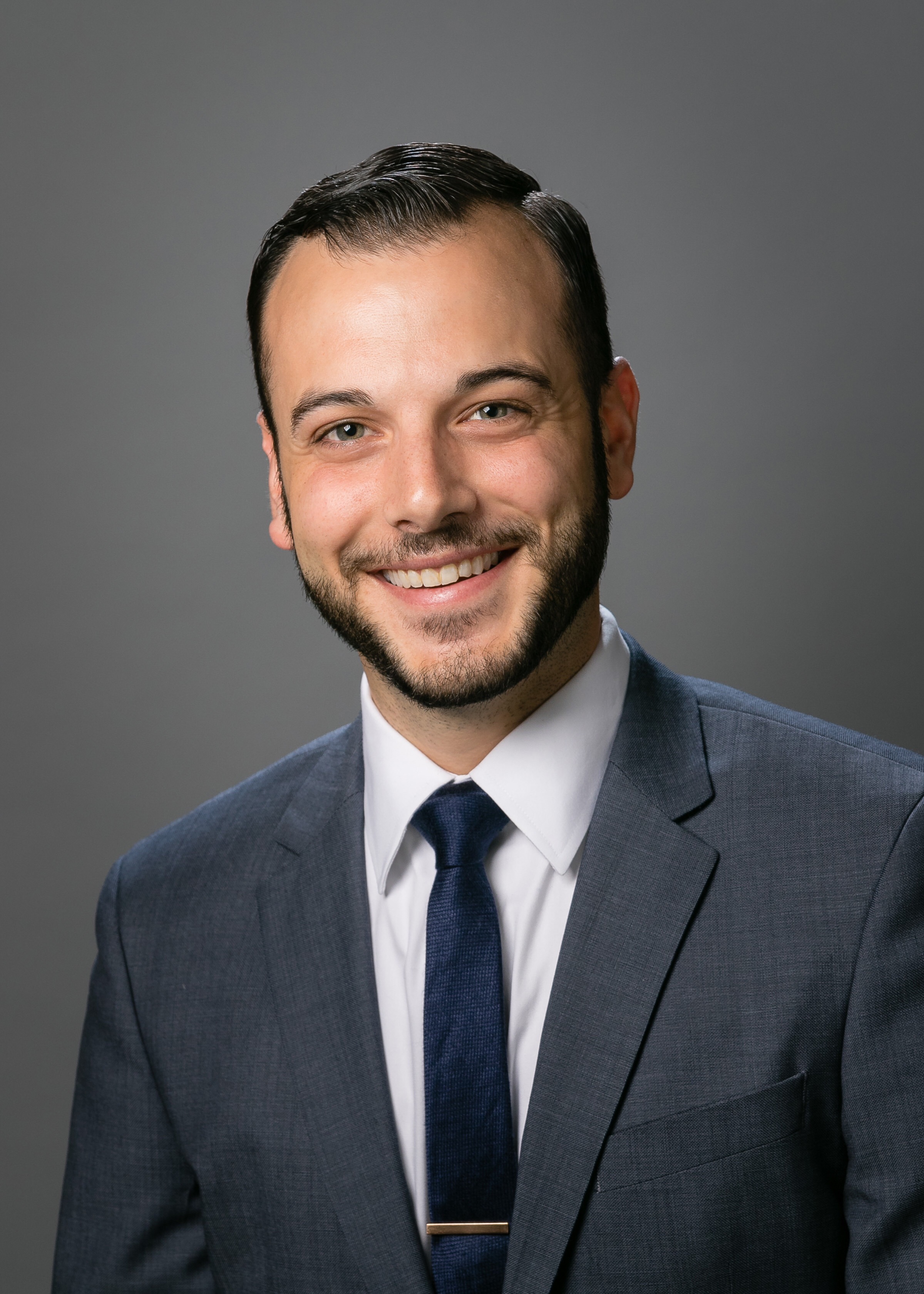The statistics were not a secret, but for the first 30 years of my life, I was naively oblivious to the fact that more than 1 in 3 women have experienced sexual violence, and nearly 1 in 5 has experienced rape or attempted rape during their lifetime (CDC). Because women close to me had never confided their experiences of sexual violence, I was shocked when they began to tell me – first one, then another, and another– that they had been raped, sexually harassed, touched without permission, or abused in other ways. Listening to their stories, trying to absorb their pain while controlling my rage, I felt guilty about my own ignorance and inaction. Why was I shocked at a truth that has been true for so long? Why had I never spoken out before?
In an effort to learn more, I read Chanel Miller’s Know My Name, a piercing memoir every man should read about a subject every woman knows all too well. Ms. Miller recounts what she remembers of being raped at the age of 23 and it's traumatic after effect -- the constant fear and need for vigilance and defensive safety measures. She describes the affronts women live with, such as unwelcome comments from strangers in public places; being stared at, followed, and cajoled; and the countless times she needed to phone someone for help when in a threatening situation. She details the shame, humiliation, and mental pain she and her loved ones endured when seeking justice through our legal system.
Her story, along with the testimonies of the women who had confided to me their stories of abuse and vulnerability, helped me understand the magnitude of the problem we face and how little most of us do to confront it. For too long, our society has belittled, ignored, and erased the stories of women for the protection of men. And, yes, it is important to note that people of all genders can be both victims and perpetrators of sexual harassment, sexual assault, and rape. Yet, statistics and anecdotal evidence all show that it is alarmingly the case that women, including trans women disproportionately, are overwhelmingly the survivors; and men, the perpetrators, many of whom face no consequences.
Unfortunately, this prejudice is reflected in the patriarchal nature of the Torah, with the rare exception of Parshat Pinchas. While this story might not chronicle the plight of women facing sexual assault, it does focus on injustice and against women. The Torah records the story of a family with five sisters -- Mahlah, Noah, Hoglah, Milcah, and Tirzah – and no brothers. When their father, Zelophehad, died, his property was distributed to male relatives, skipping over the daughters. The sisters came before Moses and pleaded: “Let not our father’s name be lost to his clan just because he had no son!” (Numbers 27:4). Unable to render a swift decision, Moses asked for God’s judgment, and God agrees with the women: “The plea of Zelophehad’s daughters is just” (Numbers 27:7). This case is notable, not only because it is a rare instance in the Torah in which specific women identify injustice and have their voices elevated, but also because God rules against the established patriarchal norms. Medieval commentator Rashi further elucidates God’s words, saying, “This tells us that their [Zelophehad’s daughters] eye saw what Moses’ eye did not see.”
This story of women fighting for justice should be rightly celebrated because it demonstrates the Torahs perspective, that when women advocate for themselves and speak out against injustice, the men who maintain the status quo rule are obliged to respond.
Today’s rape culture stems from society’s implicit education that men have the right to take what they want in life, including women. This same status quo belittles women for showing the initiative, confidence, and sexuality we praise men for, and this dichotomy is taught early in life. As a society, we fail to teach consent early enough, giving young men a sense of sexual entitlement. Popular culture and media too often objectify women’s bodies, urging men to value them for their sexual desirability. We downplay the connection of catcalling and unwanted touch to sexual violence. Most disconcertingly, when we see this rape culture in front of us, we all too often fail to speak out. When was the last time you heard a man stop another man from talking about a woman in a derogatory or objectifying way? Proverbs 24 chastises those who say in times of trouble: “We knew nothing of it.” But now in 2021, with so many women and trans folks bravely sharing their experiences, we can no longer feign ignorance. Instead, we must stop talking, start listening, and take action as individuals and as a community.
In the story of Mahlah, Noah, Hoglah, Milcah, and Tirzah, the community failed. God knew what was just, but as always, it takes human action to correct course. Sexual violence against women is a grievous epidemic that requires all of us to eradicate. Chanel Miller writes: “My community taught me that my words hold weight, they hold worth. Being heard shouldn’t be an unexpected gift, it should be a given. I was saved because people listened.”
We must listen and we must act. We must follow the five biblical sisters’ example and stand up for justice by speaking out, challenging established norms in our community, and holding each other accountable. That means teaching children consent and educating adults who don’t practice it. It means never saying, “What was she wearing?” or “He could never. He’s such a nice guy.” It means opening the space for survivors of sexual violence of all kinds. It means prioritizing the survivor instead of the perpetrator.
We can end the epidemic of sexual violence. We can right this injustice.

